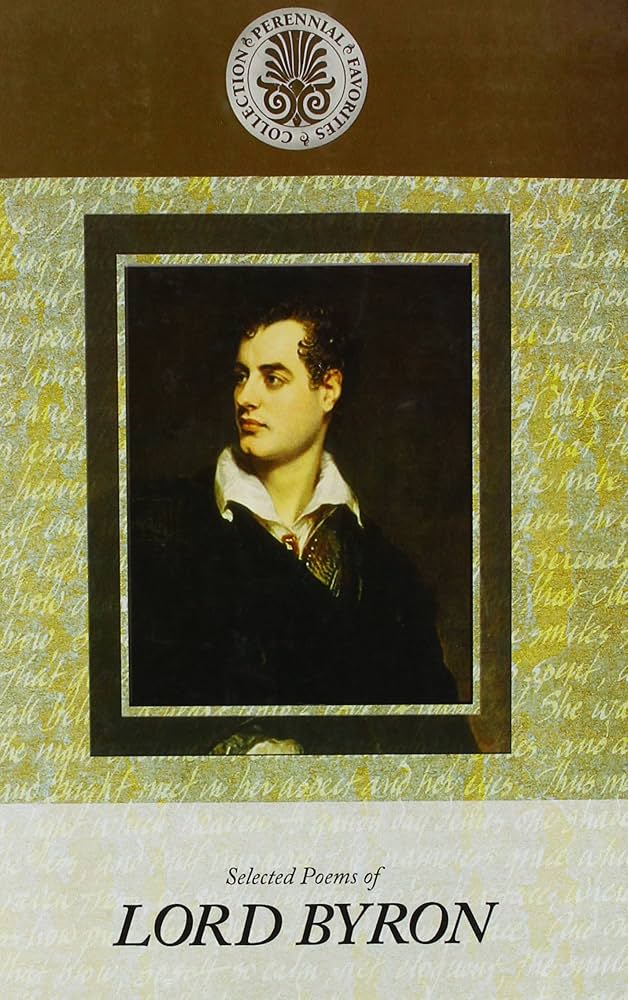Byron’s Exile and the Poetics of Alienation: A Romantic Critique of Nationalism
Dr. Afroza Banu & Dr. Md. Shahidul Islam
July-Agu-Sep

Abstract
This qualitative study describes Lord Byron as a self-exile who made a deliberate literary and ideological protest against the limitations of national identity in addition to being in a state of personal disobedience. Lord Byron shows a Romantic critique of newly emerging nationalist discourses in the early nineteenth century. The aim of this study was to examine how following his poetry and specifically the Childe Harold;s Pilgrimage, Don Juan and some of the letters issued by Byron alienation and lack of a nation are all subjects with his poetry expressing an anti-nationalist sentiment that crosses beyond Eurocentric Romanticism archetypes. Based on the use of primary textual material, such as the poems and letters by Byron, this study worked through a close textual study and situational reading. Secondary sources included explanatory studies on Romanticism, nationalism and cosmopolitanism. Historical and philosophical contexts were also used to position the ideological exile of Byron in the context of general disillusionment of Romanticism. The empirical research was carried out using the textual analysis and archival research. It is found that Byron has created exile as a poetic and personal identity who defies the definite ways of nationhood by giving way to a pre-cosmopolitan vision of human morality and humanity (individual as well as universal). The work is part of the attempt to reconsider Romanticism outside of the domestic and re-contextualize Byron into a new environment of world intellectualism.
Keyword: Byron, exile, Romanticism, nationalism cosmopolitanism
Research Area: English Literature
Country: Bangladesh
download